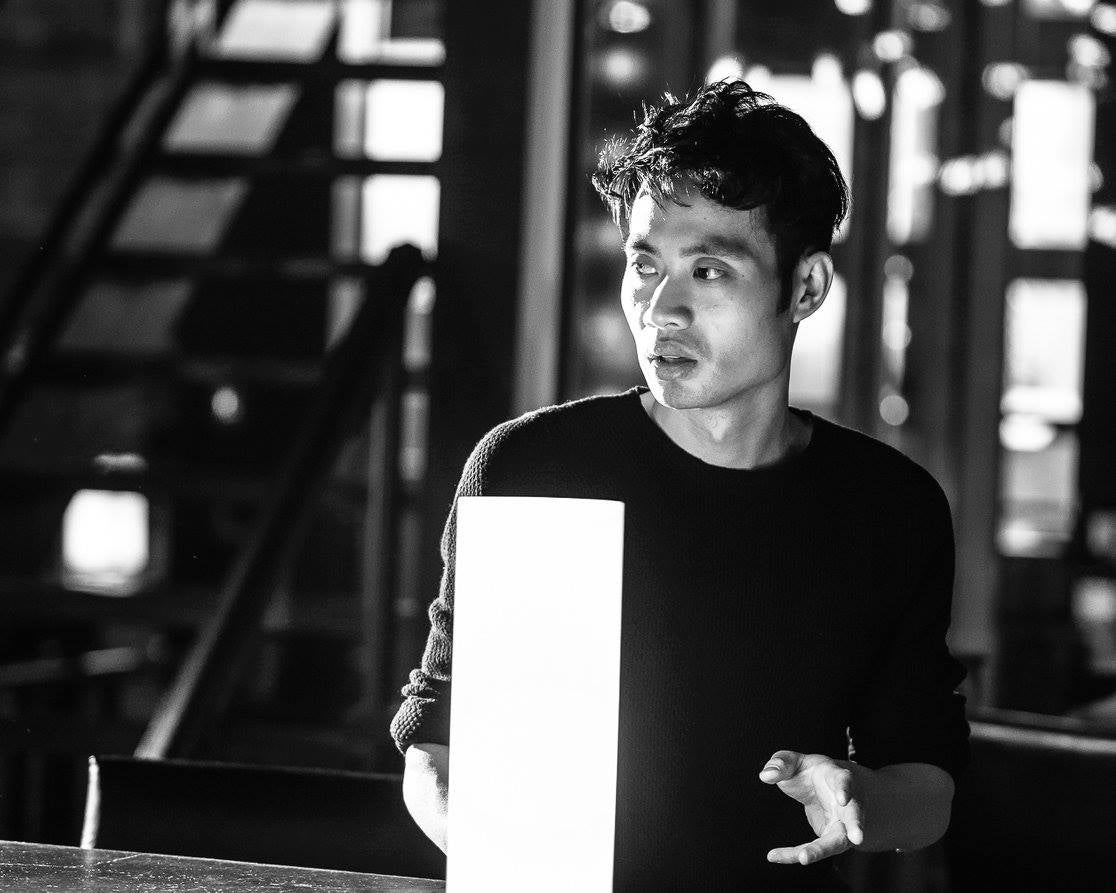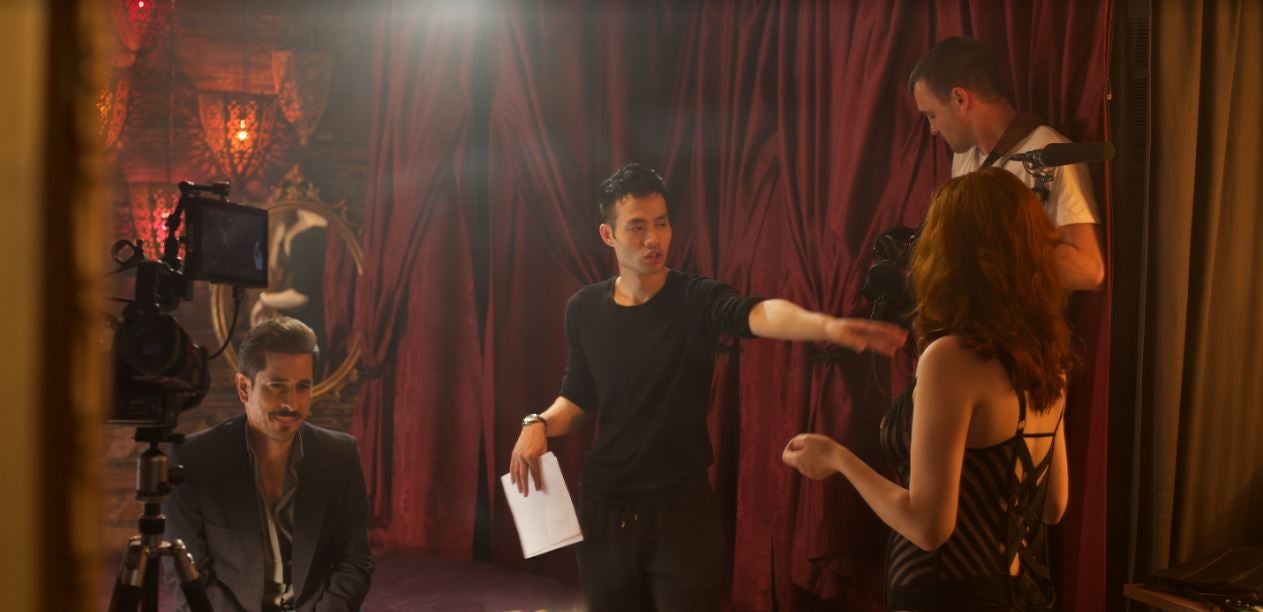
My time at UWaterloo has been, to say the least, non-linear. I started my first two years in the Faculty of Mathematics studying statistics and computer science, then shifted my focus to acting after taking an introduction class. And when I was accepted early into NYU's MFA program for acting, I graduated early with a three-year general degree to make that happen. I then cycled back to complete my honours four years later. Sometimes I look back and wonder: what was I thinking? I think on the outside, it may have looked like I didn’t know what I was doing, but on the inside, I was following a lot of hunches and impulses that ended up leading me down a career path that stretched me beyond what I could have imagined.
I now consider myself a software developer and filmmaker and I actively do both. If I hadn’t grown up in Waterloo, the Silicon Valley of Canada and a home to grassroots theater and arts in Ontario, I don’t know if I’d be either. I often feel like I’m an artist that’s technical, and a technician that’s artistic. What I mean by this is that when I code, I think about the nuances of the craft which go beyond syntax and require finesse and sensitivity. When I pursue anything artistic (film, acting), I spend a great deal of time working on the mechanics so that the work is intentional and expressive. UWaterloo was a training ground in both, and had made me realize that both complement each other. My work becomes better if both sides of my brain are clicking.
I am interested in telling stories that reveal the complexity that technology introduces into our lives. In particular, I find stories that pose questions about how technology becomes an extension of who we are fascinating. Viral Beauty, my first feature film and directorial debut, is a time capsule of our digitally connected generation. It’s a film that explores what is unique to the millennial generation: the chance to become famous fast online and how that connects back to basic things, like a need to be loved or validated. It's also a film about fast and furious capitalism. The film uses real Youtubers and social media personalities, such as Perez Hilton and comedians, such as soundlyawake and Emma Willmann.
Technology is disruptive. It’s not only disruptive in industries such as finance, healthcare and fitness, but it’s also disruptive in terms of what’s possible with human relationships. As a technologist and artist, this disruption is inherently dramatic to me. I wanted to create a film that blends the online and "real" worlds immersively, in the same way that our lives are a blend of screens and physical reality. Certainly, our evolving relationship with digital technology, the social movements we follow on Twitter and Facebook, and the way we develop empathy for people through access to personal and cultural stories online, would suggest that we are ripe for a new kind of cinema that uses the vast World Wide Web as a starting ground, rather than a quirky gimmick.

Through the prism of an underdog, Viral Beauty (written by my sister, Elizabeth Lam, who is also a Math and CS grad) explores the rise and fall of our main heroine, Marsha Day, an overweight millennial that places an ad online in search for the perfect man. By “perfect”, we mean the usual: tall, dark, handsome, with an overflowing bank account. Because Marsha is pudgy, she is the target of attacks from the internet community, which only catapults her into notoriety when she sticks up for herself, ironically leading her to contracts for beauty products. The tragedy is not so much that she is cyber-bullied, but rather that we live in a culture where her attacks seem inevitable and logical, given our own digested standards of beauty.
In the end, I hope Viral Beauty reads as a social commentary dressed as a comedy. I hope more films are made like it.
Check out the Viral Beauty trailer: